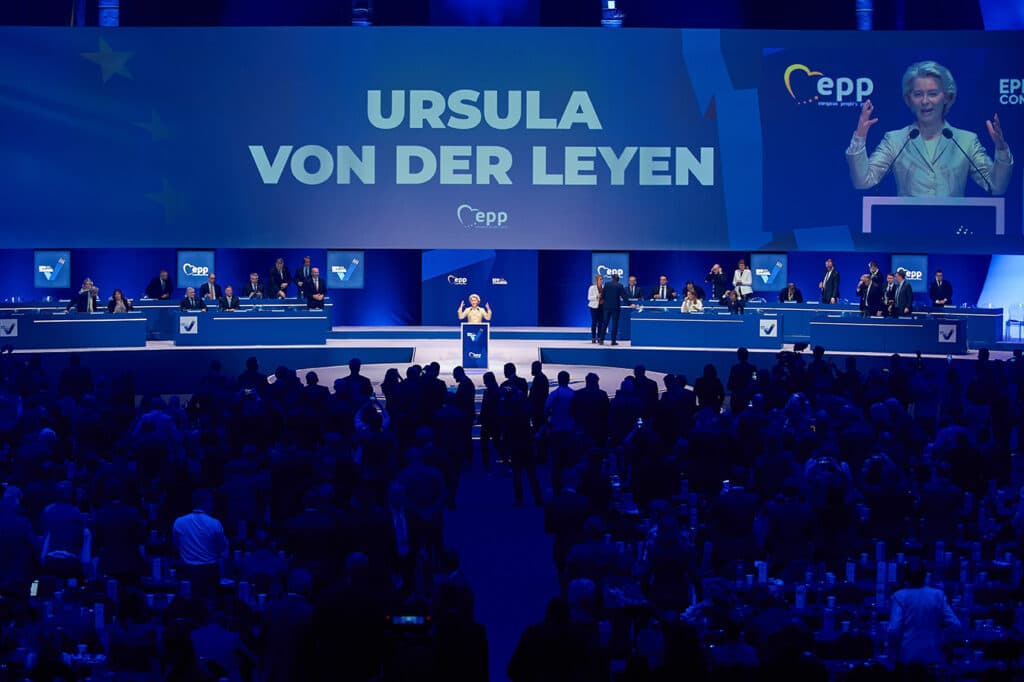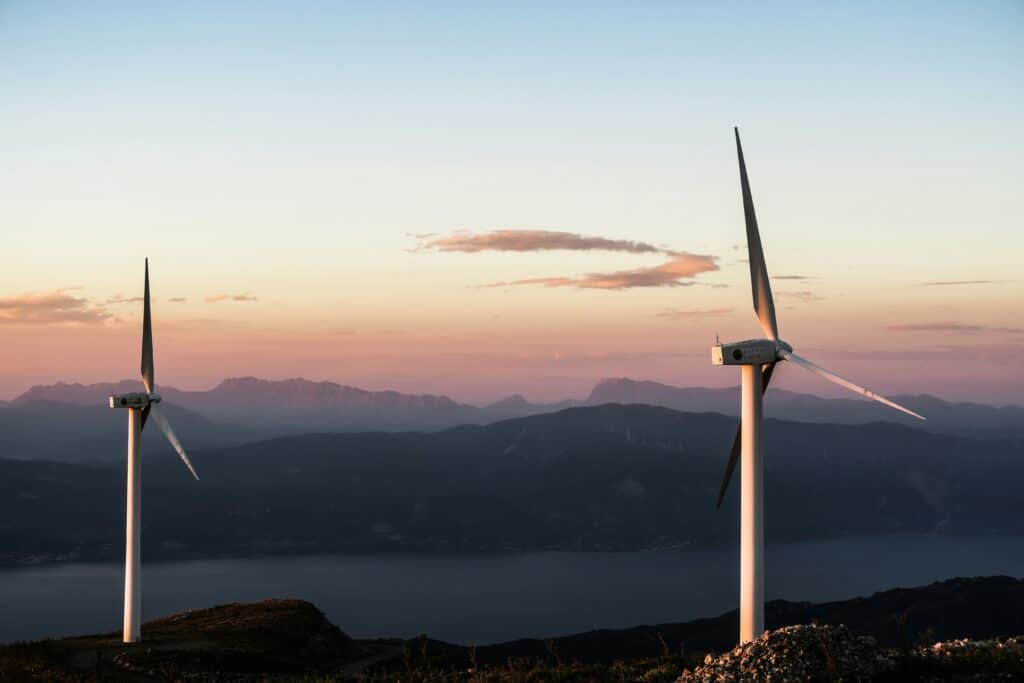Highlights from the 43rd IAEE International Conference
The 43rd IAEE International Conference was held in Tokyo between 31 July - 4 August 2022.
The IAEE Annual Conference, is the yearly international forum gathering policymakers, energy economists, and representatives of several industries from all around the world.
This plethora of participants assemble for 5 days to discuss the ins and outs of a topic relating to the energy sector, in order to reflect on the interactions between energy economics and the world of practice. The 43rd edition, held in Tokyo, Japan, (31 July – 4 August 2022), titled “Mapping the Energy Future -Voyage in Uncharted Territory“ aimed at exploring the impact of new geopolitical conditions and technological progress on energy markets, increasingly under pressure to reduce carbon intensity.
FSR followed the event, covering most of the sessions and summarising the key messages. To read them on LinkedIn, look for the hashtag #IAEE2022TYO. On this page, you can find short highlights of selected plenaries and roundtables, written by FSR Energy academic staff to provide insights to foster public debate even after the conference.
Day 1 | August 1, 2022
Title of the session: Climate Change and the Challenges for De-carbonization: Risks and Opportunities
Type of session: Dual Plenary 2
Presiding: Nan Zhou, Senior Scientist, Building Technologies & Urban Systems Division, Lawrence Berkeley National Laboratory, US
List of speakers:
- Fumihiko Ito, Chief Sustainability Officer, Sumitomo Mitsui Banking Corporation;
- Shintaro Ishida, Executive Officer and General Manager, Corporate Planning Department, Idemitsu Kosan Co., Ltd.;
- Noura Mansouri, Fellow, KAPSRAC
Highlights from the session by FSR Research Associate Sofia Nicolai
Dual Plenary 2 aimed at assessing risks and opportunities related to the global decarbonization pathways. Some of the questions the session aimed at answering were: how must the financial sector behave in order to deliver the massive amount of necessary investments? How to ensure a just transition for all?
The role of financing institutions in boosting investments in innovative solutions and managing risks
The financial sector has a crucial role to play in involving the hydrocarbon industry and hard-to-abate sectors (i.e., aviation) in the energy transition. Investments in innovative solutions for the industry, such as ammonia and hydrogen, combined with Carbon Capture Utilization and Storage (CCUS), and Sustainable Aviation Fuels (SAF) are needed, and their cost must drop significantly in the next few years. Fumihiko Ito estimated that, by 2030, financial institutions will grant support of around 30 trillion yen (around $209 billion USD).
However, the physical disruptive effects of climate change, evident worldwide, impact the financial sector by harming the physical assets taken as collateral damage for the financing granted and this increases the cost of credit. Mr Ito stated that this danger leads more and more companies to perform simulations of physical risks to estimate the potential losses: by 2050, there may be occurrences of losses for 60 billion yen (approximately $453 million USD).
Encouraging global collaboration to ensure a just transition for all
According to Shintaro Ishida, given the huge efforts needed in terms of reorganization of production and consumption patterns to aim at decarbonization targets, it is evident that collaboration between different stakeholders is necessary: local and central governments, companies in different industries and sectors, must plan interventions together and share relevant technological progress. In this context, the principle of common but differentiated responsibilities requires, according to Noura Mansouri, that developed countries support developing and vulnerable ones to adapt to climate change-related disruptions and give them the tools to contribute to climate change mitigation.
You can find Sofia Nicolai’s LinkedIn article on the topic here.
Day 2 | August 2, 2022
Title of the session: Future Role of Fossil Fuels toward Decarbonized World
Type of session: Dual Plenary 5
Presiding: Nobuo Tanaka, the Steering Committee of Innovation for Cool Earth Forum (ICEF)/ Former Executive Director, the International Energy Agency (IEA) 2007-2011)
List of speakers:
- Takeshi Matsui, Chairman, Planning Committee, The Japan Gas Association / Executive Vice President, Osaka Gas Co., Ltd.;
- Hamid M. Al Sadoon, Research Fellow, Oil and Gas, King Abdullah Petroleum Studies and Research Center (KAPSARC), KSA;
- Lucian Pugliaresi, President, Energy Policy Research Foundation, Inc. (EPRINC);
- John Kuehn, President of Supply & Trading, Chevron
Highlights from the session by FSR Research Associate Sofia Nicolai
Dual Plenary 5 encompassed the potential role of fossil fuels in the mid and long term, especially in light of the Russian invasion of Ukraine, which led to an energy shock, with high energy prices and new priorities emerging for import-dependent European countries, like energy security.
Oil and gas are here to stay to satisfy the energy demand of an increasing global population
The recent focus on climate change-related risks led to momentum for regulatory support to renewable energy sources, which is now hampered by the impacts of the Russian invasion of Ukraine and the post-Covid economic rebound, which shifted the attention to energy security and consumer protection from the unprecedented surge in the overall energy price level. Furthermore, the scenario highlighted by Takeshi Matsui of an estimated global population of 10 billion people by 2050 will generate problems in the satisfaction of energy demand if current levels of per capita energy consumption are maintained: fossil fuels appear necessary to meet this demand, especially in light of the struggles related to electrification (e.g.., the amount of critical minerals needed, like lithium and cobalt). Considering the extraordinary hurdles that the energy sector is facing, fossil fuels must be combined with every energy source, energy carrier and Carbon Capture Utilisation and Storage technology (CCUS), increasing the number of realistic alternatives.
Focus on technologies able to compensate for emissions from oil and gas
The speakers agree to tackle the carbon emissions resulting from the extended use of fossil fuels through CCUS (despite the weak support of the International Energy Agency, as mentioned by Nobuo Tanaka) and the reduction of energy intensity. To ensure the successful operation of CCUS, investments must dramatically increase, stated Hamid M. Al Sadoon. John Kuhen concluded the session by encouraging governments to clarify a regulatory framework able to provide financial incentives to make CCUS economically competitive, creating a virtuous cycle for the economy and the environment.
You can find Sofia Nicolai’s LinkedIn article on the topic here.
Day 3 | August 3, 2022
Title of the session: New Energy Solutions for a Smart and Resilient Society
Type of session: Round Table 4
Presiding: Hiroshi Okamoto, Executive Vice President and CTO, TEPCO Power Grid
List of speakers:
- Goro Umeyama, Senior Group Leader BCM Consulting, Sompo Risk Management, Inc.;
- Yusuke Kojima, Director, Looop Inc.;
- Jack Baker, Professor of Civil & Environmental Engineering, and Director of the Stanford Urban Resilience Initiative;
- Mitsuhiro Ogata, Executive Officer, Environment-Planning, Weathernews Inc.;
- Miki Haruyama, Regional Vice President, Business Partnership Development Division, Nissan Motor Co., Ltd.;
- Kazuko Ishigaki, Auditor (Audit and Supervisory Board Member), Japan Expressway Holding and Debt Repayment Agency.
Highlights from the session by FSR Research Associate Sofia Nicolai
Round Table 4 had the ambitious goal of providing an overview of new, smart energy solutions which can help society to become more resilient in light of extreme, disruptive weather events deriving from climate change, which can significantly damage the energy infrastructure. The debate also provided insightful considerations on distributed energy resources (DERs) and the challenges related to their penetration into energy systems.
Ahead-of-time risk assessment and intervention planning
In light of the troublesome risks that climate change entails, adaptation by the economy and society is of paramount importance. Adaptation requires a huge effort in planning ahead of time, especially if we want to safeguard the energy infrastructure and the resulting essential services it provides. Goro Umeyama proposed a 3-step process: identifying risks and measures to be taken (pre-crisis), intervening to maintain lines in operation (immediately after the crisis), restoring operation and building back the facility more resiliently (after the crisis). Furthermore, according to Jack Baker, insurances are a means to transfer some risks and to guarantee society the expected reliable and safe performance of the energy infrastructure. For what concerns DERs, it is critical to check, through a risk assessment, the vulnerability (to floods, typhoons, etc.) of the location chosen for their installation.
On the side of private actors, speakers agree on the necessity for companies to develop business continuity plans, so to ensure uninterrupted supply to their customers. The imperative common feature of all these interventions is a timely planning process, to be ensured by enhanced cooperation, both internally (between different ministries and academia) and internationally (sharing knowledge abroad). Moreover, proper valorisation of human resources (combining different capabilities of workers), can deliver tangible results, pointed out Hiroshi Okamoto.
Lastly, a comprehensive view of the energy system is essential. We cannot continue to work in silos; on the contrary, power demand, storage, hydrogen availability, demand response, etc. must be considered in a holistic manner, in order to plan the allocation of scarce resources optimally.
You can find Sofia Nicolai’s LinkedIn article on the topic here.







